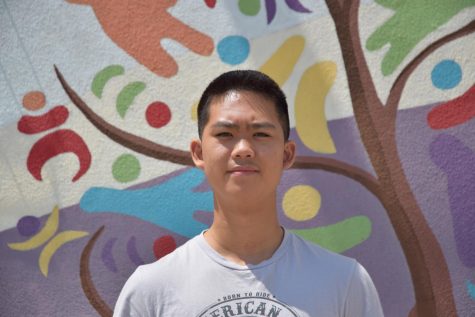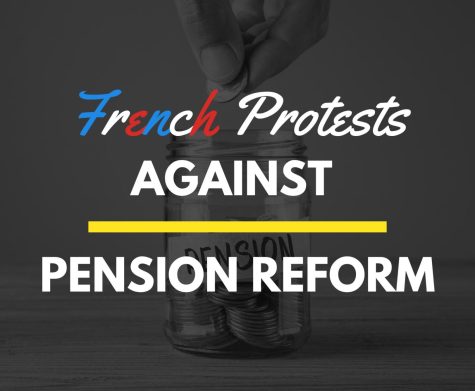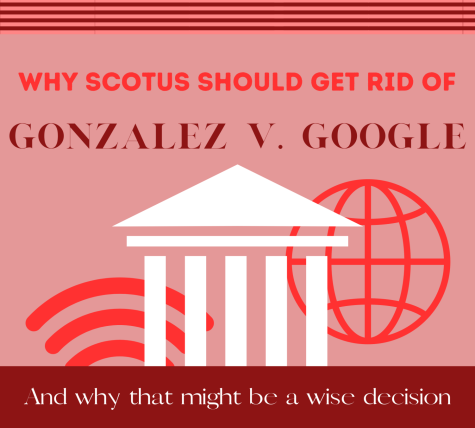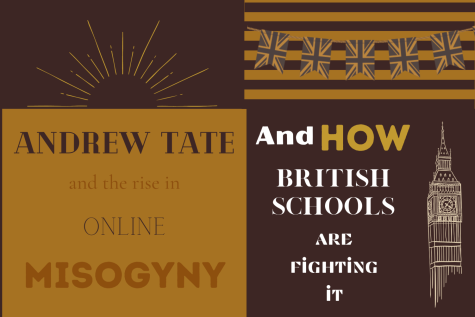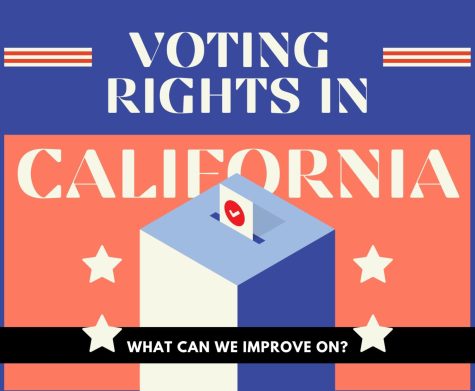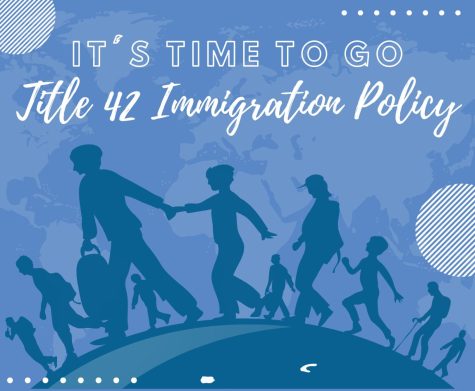How the San Francisco recall election reflects the general opinion towards politicians in the United States
San Francisco has just underwent a recall election, a few months after the California Governor recall election.
March 18, 2022
On Tuesday, February 15th, three San Francisco school board members were recalled. Gabriela Lopez, Allison Collins, and Faauuga Moliga were removed from their positions due to a landslide electoral vote, with the support for recall over seventy percent for each individual.
“Grassroots organization and action seems to have more effect for the individual that is seeking action change,” says Shawn Weber, AV Civics teacher.
Driven mostly by the negative effects of COVID 19 lockdowns and students not being able to go to school, parents around San Francisco gathered and pushed for the recall of the longest-serving school board members. To parents, it seemed as though the pandemic was less of a concern to them than the well-being and mental health of their students.
This election comes as a political shock for Democratic leaders, especially since San Francisco is one of the most liberal cities in the United States. This election also saw a great number of Asian Americans behind the push for the recall.
Why was this the case? Well, for many parents, education is one of the most important and valued aspects of the culture. They believe that education is one of the only ways to succeed in life and make it out of unfortunate situations.
“I believe that education is the best way to get the most opportunities because education is the knowledge that you transfer from generation to generation. It is the wisdom that is transferred from our ancestors to us, and is not just used in school settings, but also employed in understanding music and technology,” stated Guoli Liu, an AVHS parent.
The results of this election also share some of the same aspects as the Virginia Gubernatorial election last year, where then-candidate Glenn Youngkin appealed to parents with the promise of “ending CRT” and allowing school choice.
“When they’re elected, they are like any other elected official, they represent their constituency, and that means everybody, not just the people that voted for them… their job is to best represent the views of everybody, not just the majority of people who voted them in,” says Weber.
Along with a number of other factors, including the renaming of schools, instating a “lottery system” in place for certain schools, and employing stay-at-home learning over an extended period of time ultimately caused the ousting of the officials.
Throughout this school board election, the issues of identity politics, racism, and other societal issues seemed to be at the forefront of the minds of the school board. For example, during the pandemic, the school board decided that the irrelevant issues were more important than helping the students of the bay area to give them the best educational experience with an ongoing pandemic.
With this fact in mind, it is no surprise that parents and concerned adults within the bay area would rise up in unity and voice their disdain by removing the elected officials through an official recall election.
“The responsibility of school board members is to pass policies which benefit the students within the community. I believe that for the majority of the time, board members should focus on helping students have a good education experience instead of focusing on topics that for the most part, do not affect them,” says Nancy Guan, an AVHS parent.
According to a recent civiqs poll, the favorability of the Democratic Party has dropped to 36%, while the unfavorability has risen to almost 60%. However, according to another poll, the favorability of the Republican Party doesn’t seem to be rising, with the approval rating at just 30%.
From these polls and the recent school board election in San Francisco along with the Virginia gubernatorial race, it seems as though citizens aren’t voting based on party ideology or identity, but rather on issues that are hit close to homes, such as education, and policies that will benefit their students the most.


